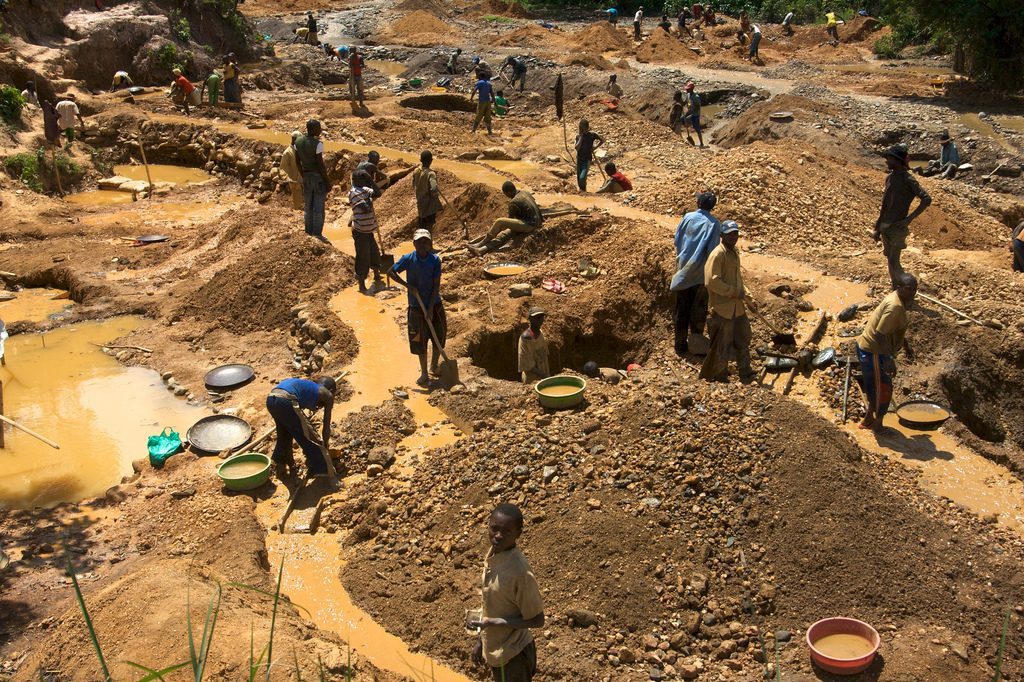Small-scale miners seek raw mineral export reprieve
Small-scale miners are lobbying the Government for a six-month reprieve on the ban on export of raw minerals saying the unexpected development has prejudiced standing off-take agreements between miners and international buyers some of whom had taken loans from their respective countries to finance trade in the minerals.
The miners are of the view that a temporary moratorium will unlock foreign currency earnings to boost market liquidity and expand the Government’s revenue base through royalty fee payments and associated taxes
Early this year, the Government enacted additional regulations aimed at curbing the rampant exportation of various high-value minerals in raw form, buttressing calls for enhanced domestic value-addition in the mining sector.
A new Statutory Instrument on base minerals export control (Unbeneficiated Base Mineral Ore) order 2023 outlines the new measures being enforced.
The Statutory Instrument (SI) was issued by the Ministry of Mines and Mining Development and defines unbeneficiated base mineral ore as any ore of whatever base mineral that has not undergone processing within Zimbabwe to any extent.
“No unbeneficiated base mineral ores shall be exported from Zimbabwe to another country except under written permit of the Minister given in either of the following circumstances on written application to him by any miner or other interested person,” reads part of the new regulations.
Zimbabwe Miners Federation (ZMF) president, Ms Henrietta Rushwaya, in a letter to the Ministry of Mines and Mining Development has requested for a six-month reprieve on the ban.
She noted that some miners have found themselves stuck with huge stockpiles in the process, locking cash-flows and affecting operations. “The temporary moratorium will unlock foreign currency earnings to boost market liquidity and expand the Government’s revenue base through royalty fee payments and associated taxes,” she wrote.
“Establishment of processing plants takes between six months to 12 months to commission. The market for lithium is outside Zimbabwe and companies need to export the mineral to raise capital to build the plants.”
Ms Rushwaya said livelihoods of small-scale miners involved in mining base minerals have been affected by the ban.
President Mnangagwa has challenged the mining sector to enhance value addition to help end the country’s unsustainable reliance on exporting raw minerals.
Zimbabwe is targeting a US$12 billion mining industry by 2023, which is a key enabler of Vision 2030.
Gold, platinum and diamonds are expected to contribute US$4 billion, US$3 billion and US$1 billion respectively.
Other minerals such as chrome, iron ore and carbon steel will contribute US$1 billion while coal and hydrocarbons will contribute an equal amount. Lithium is expected to contribute US$500 000 while other minerals will add US$1,5 billion.-chronicle










